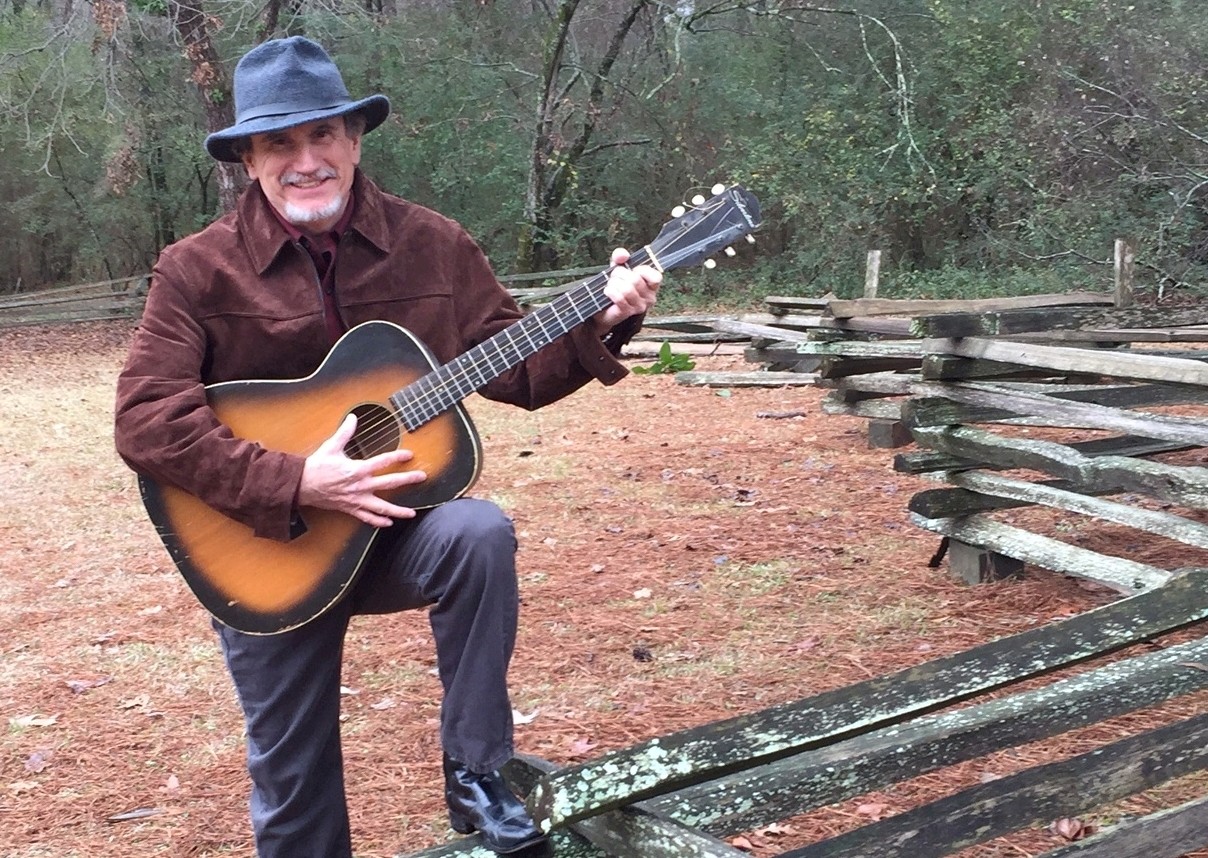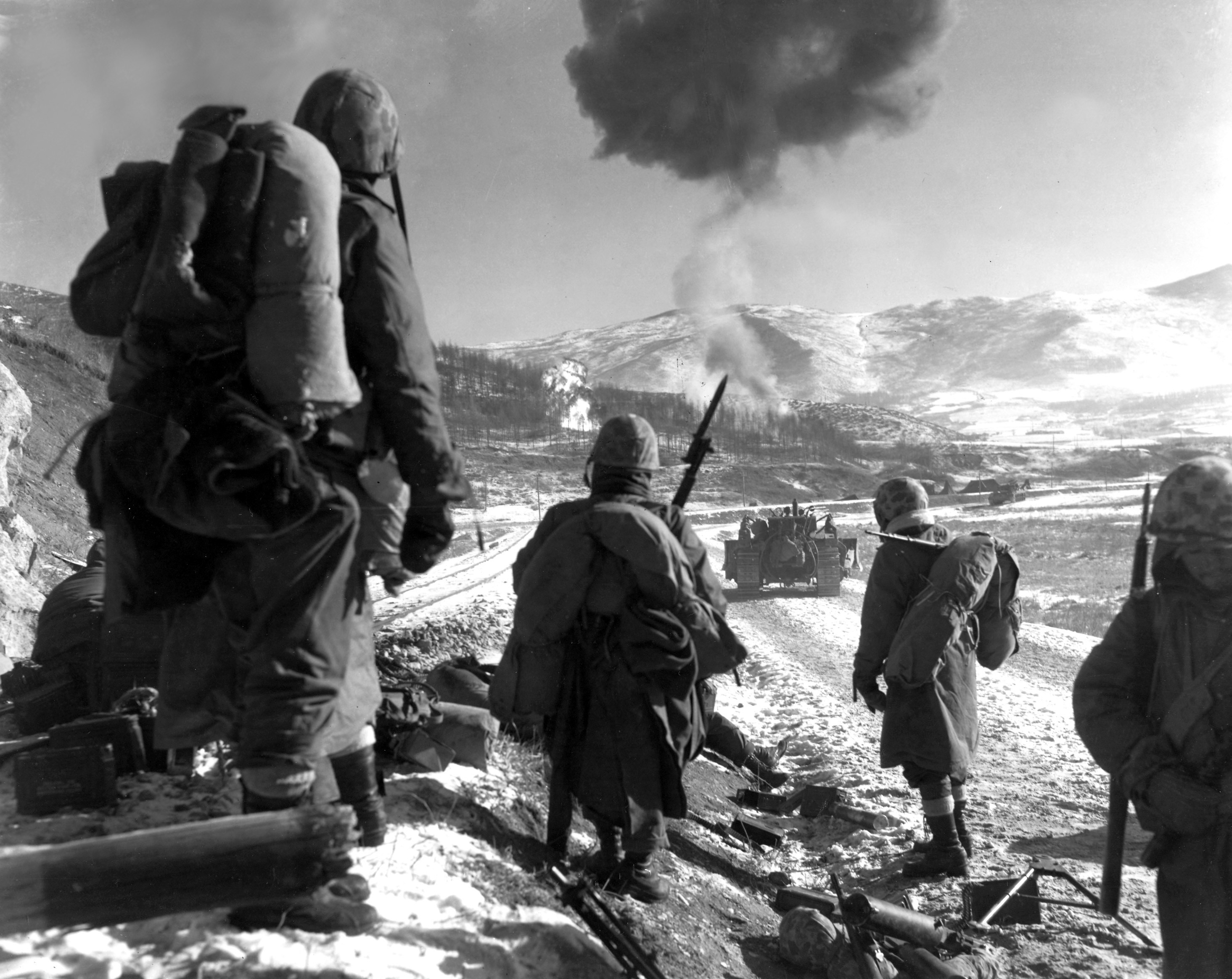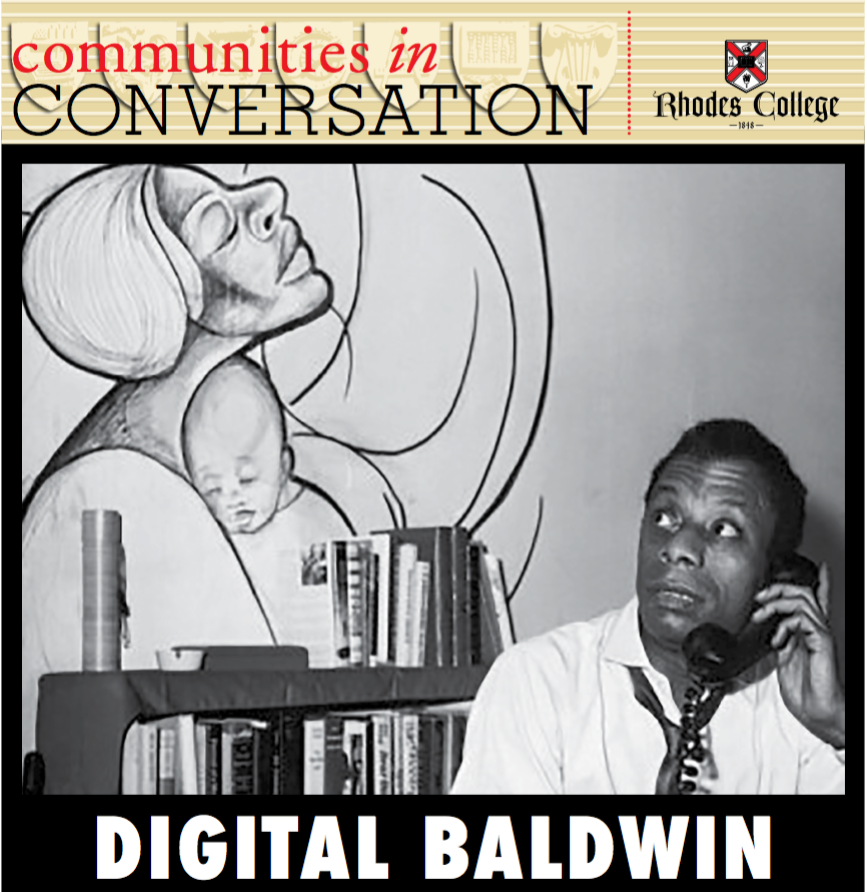As April comes to a conclusion and with Independent Bookstore Day tomorrow (Saturday, April 27th), it’s time for our favorite local booksellers to share their recommendations for what to read — because who else knows better?

There’s Always This Year: On Basketball and Ascension, Hanif Abdurraqib
“This week was my first time reading the work of the celebrated author Hanif Abdurraquib, beloved son of Columbus, Ohio. This book is a treasure trove of longing, hope, and the author’s personal quest to define what really makes a place ‘home.’ Abdurraquib once described his love for Columbus, Ohio, like this: ‘I’m not in love with the bridges. I’m in love with the people. The people are the architecture of the place.’ As a Memphian consuming this mind-bending and beautiful book in three days, I could relate. His affection for his gritty hometown will resonate with many local readers who see the soul of a city as more than just a skyline.” — Angie Doherty, Novel
“Every time I open a new book from Hanif Abdurraqib, I think I’m ready. I never am. His latest masterpiece is definitely a book about basketball, but also about life, and love, and home, and hope, and anything and everything not even basketball at all. There is not a word wasted, and the way he observes the world, unpacks it, then sharply and tenderly delivers it back to us always manages to crack my heart and my mind wide open. Hanif is a brilliant poet, and just seems to see the world differently. I encourage everyone to take a moment to sit with him and see things differently, too.” — Nicole Yasinsky, Novel

Doppelgänger: A Trip Into the Mirror World, Naomi Klein
“Naomi Klein’s Doppelgänger: A Trip Into the Mirror World navigates our polarized society with sensitivity and depth. Using the mix-up between herself and former third-wave feminist turned far-right darling Naomi Wolf as a launching point, Klein delves into contentious topics such as vaccines, climate change, and the Israel-Palestine conflict. The narrative is both captivating and witty, weaving together personal and cultural anecdotes of mistaken identity. Klein’s analysis compellingly argues for acknowledging our collective responsibility in today’s dysfunctional political climate and striving to enact positive change. This book is a must-read, skillfully combining scholarship and storytelling.” — Alexandra Farmer, Novel
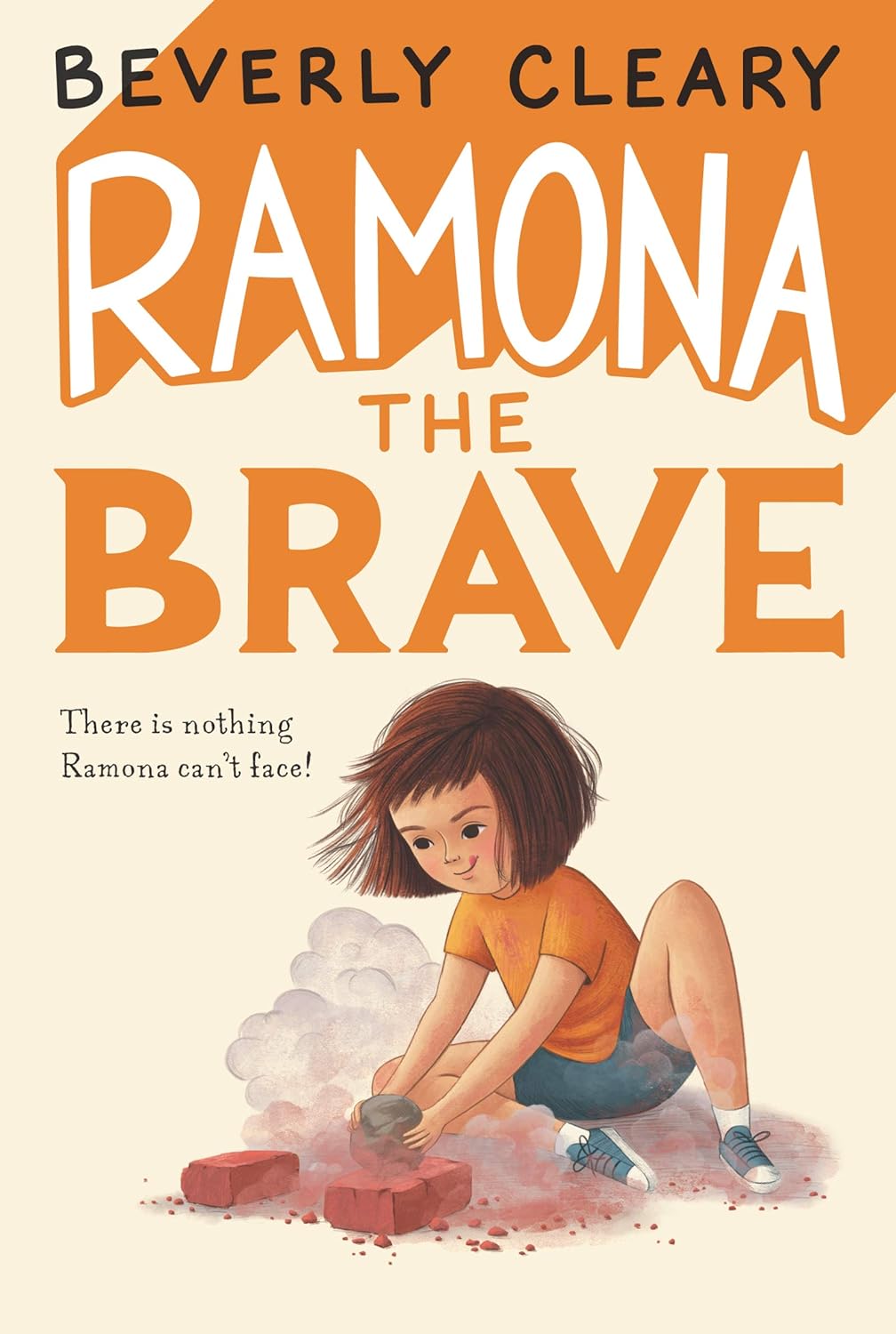
Ramona the Brave, Beverly Cleary
“Ramona Quimby is a hot mess. She has family problems, friendship issues, and troubles at school, but she manages to work through whatever life unexpectedly throws her way with her spunk and pluckiness. All books about Ramona were written by librarian Beverly Cleary who passed away in 2021 at the age of 104.” — Sheri Bancroft, Novel

The American Daughters, Maurice Carlos Ruffin
“It is a historical novel based in New Orleans (one of my favorite cities) centered around a spirited young woman who joins a sisterhood. This story highlights the sisterhood and community of Black women whose efforts played a significant role in the Civil War.” — Jasmine Settles, Cafe Noir
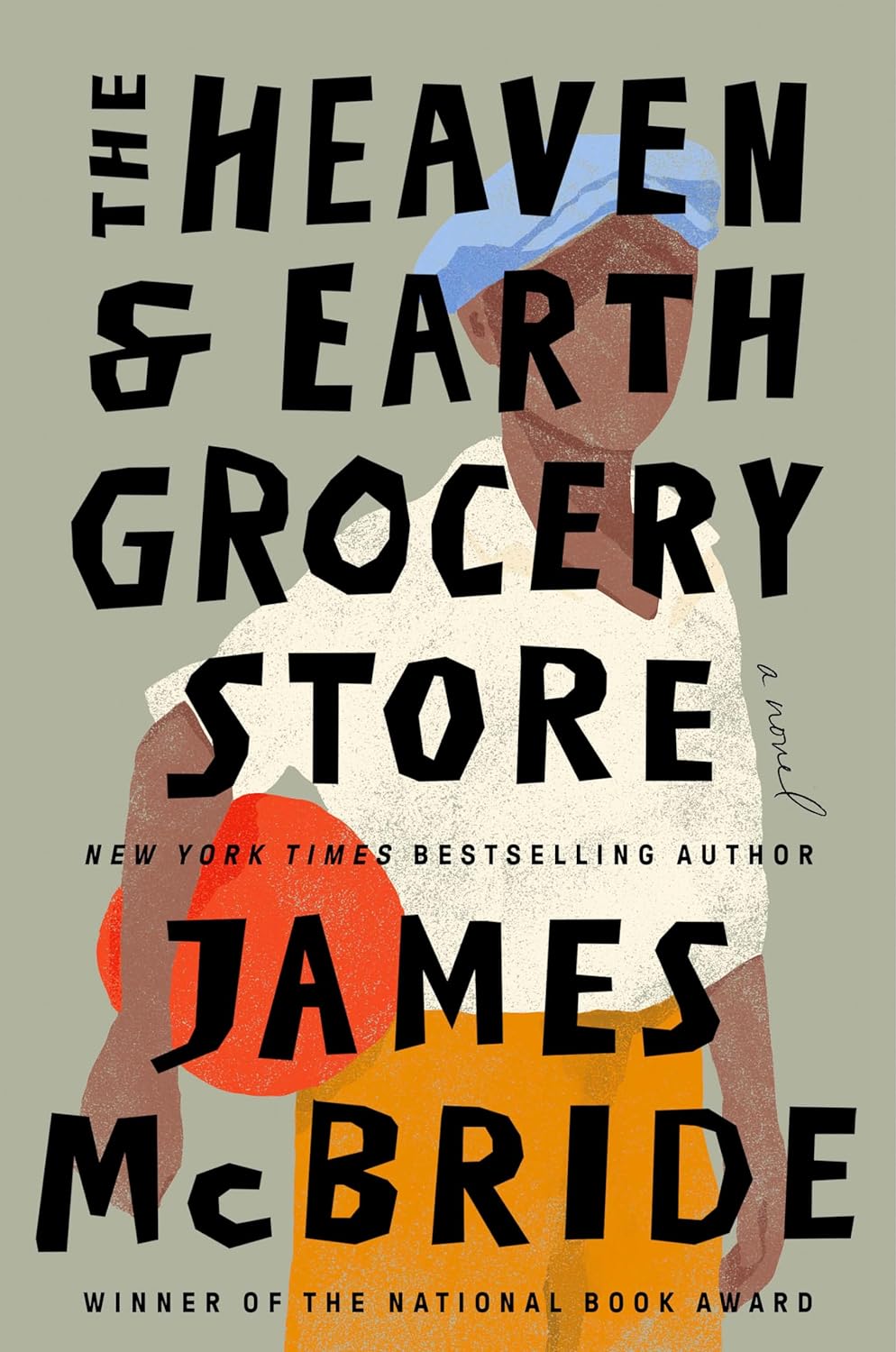
The Heaven and Earth Grocery Store, James McBride
“A mystery of master storytelling. Questioning faith and newly discovered skeleton bones. When the truth is finally revealed about what happened on Chicken Hill and the part the town’s white establishment played in it, McBride shows us that even in dark times, it is love and community — heaven and earth — that sustain us.” — Jasmine Settles, Cafe Noir

Another Word for Love, Carvell Wallace
“Keep an eye out for the release on May 14th. ‘To return, to be made whole again. This is another word for love,’ writes Carvell Wallace. In Another Word for Love, Wallace excavates layers of his own history, situated in the struggles and beauty of growing up Black and queer in America.” — Jasmine Settles, Cafe Noir

Radiant: The Life and Line of Keith Haring, Brad Gooch
“I typically am a 99 percent fiction reader but lately have been immersed in reading about art and artists (both fiction and nonfiction). I am currently reading the new biography of Keith Haring by Brad Gooch, Radiant: The Life and Line of Keith Haring. It’s a wonderful overview of his short time in the art world as well as a vivid snapshot of New York City in the 1980s. I am also reading the Keith Haring Journals, which adds an extra layer to his life and art. A bit of trivia I learned: Haring’s father attended the Aviation Electronic Technician School in Memphis in 1957, where he stayed for six months. The high point of his stay was spotting Elvis joyriding around town in his white Lincoln. — Cheryl Mesler, Burke’s Book Store
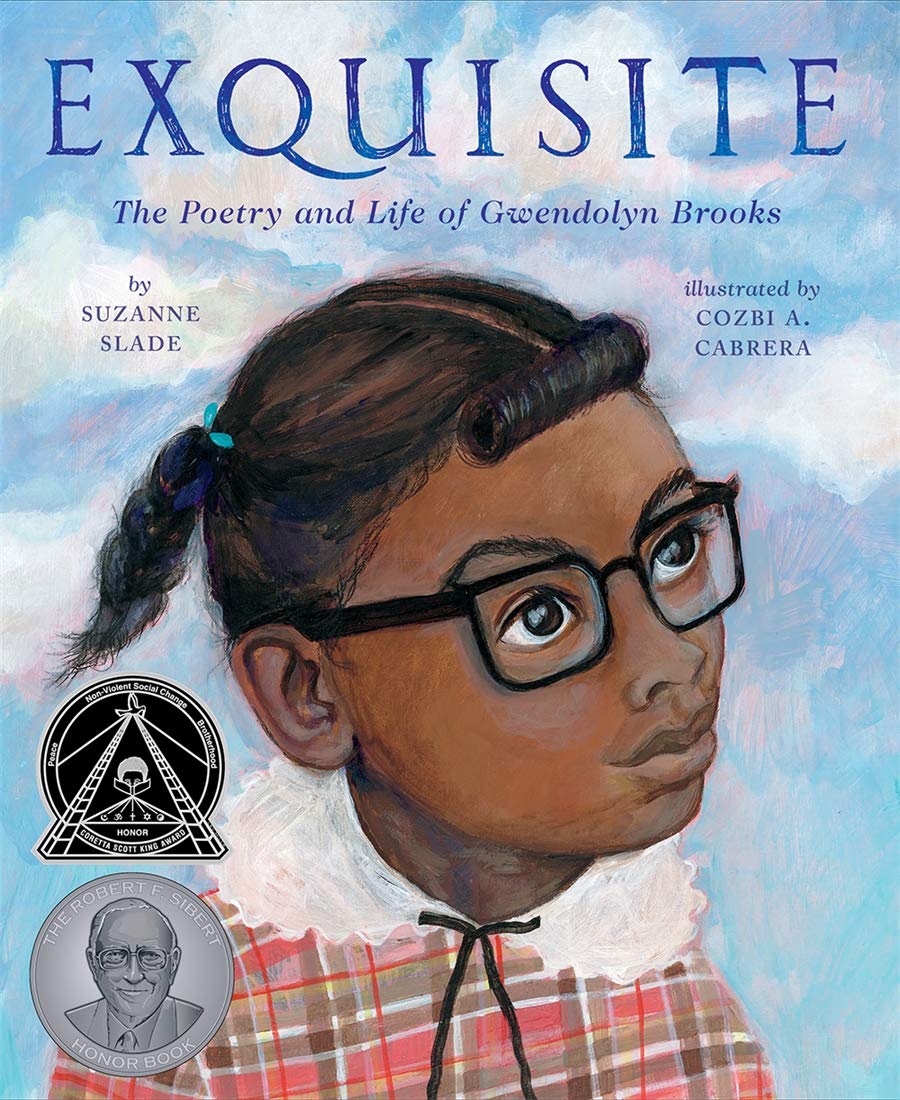

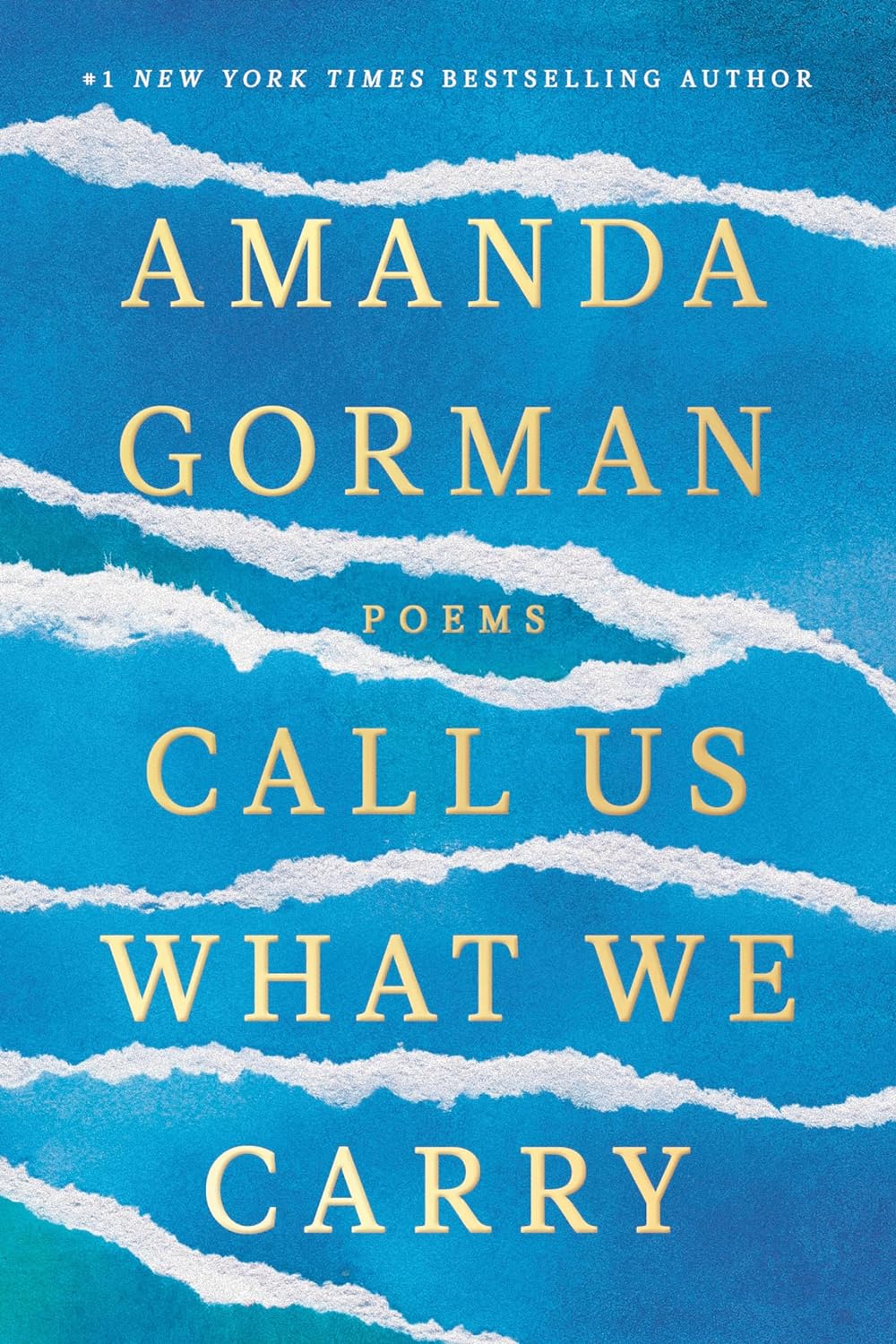
Jeremee DeMoir, owner of Demoir Books & Things, has four books of poetry in mind for National Poetry Month. He’s broken them down into age categories for us:
- Children’s — Exquisite: The Poetry and Life of Gwendolyn Brooks by Suzanne Slade: A picture book biography about Gwendolyn Brooks, the influential poet and the first African American to win a Pulitzer Prize.
- YA — Black Girl Evolving by Diana Townsend (a Memphian): Black Girl Evolving is a powerful and evocative poetry collection that delves into the complexities of the Black community, mental health, and the vital role of Black women in society.
- YA — Call Us What We Carry by Amanda Gorman: Amanda Gorman’s remarkable new collection reveals an energizing and unforgettable voice in American poetry.
- Adult — Counting Descent by Clint Smith: Clint Smith’s debut poetry collection, Counting Descent, is a coming-of-age story that seeks to complicate our conception of lineage and tradition.
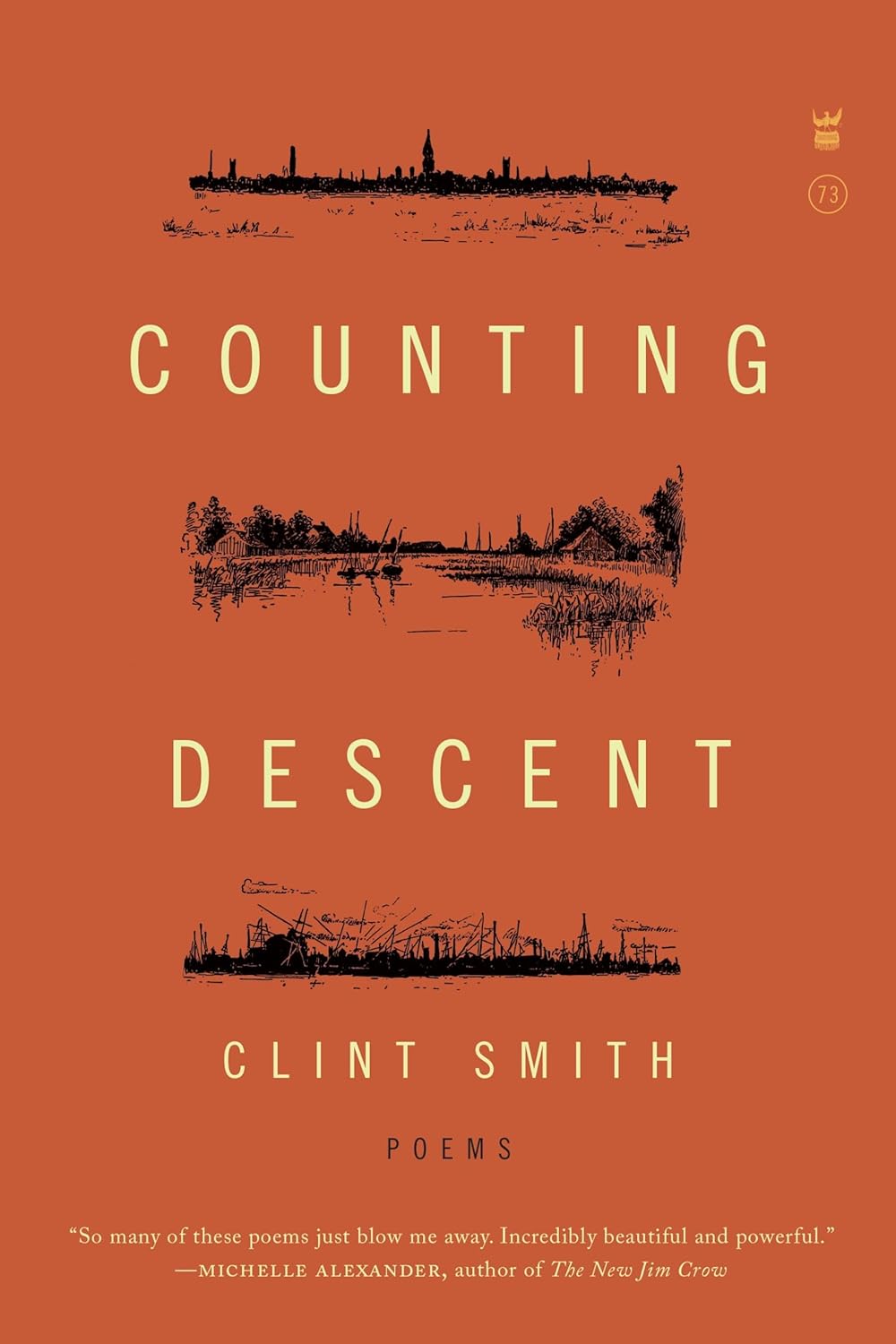
All books mentioned can be purchased at the respective bookstore locations. For upcoming book events, including book clubs and author signings, visit the Flyer’s event calendar.

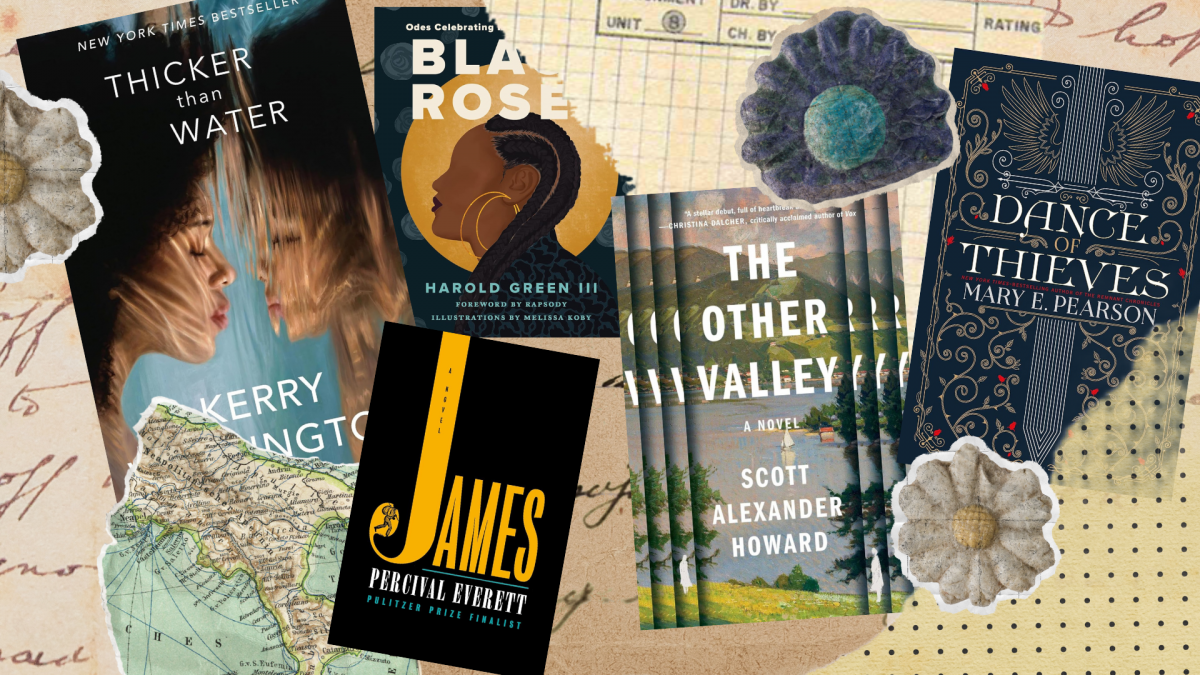

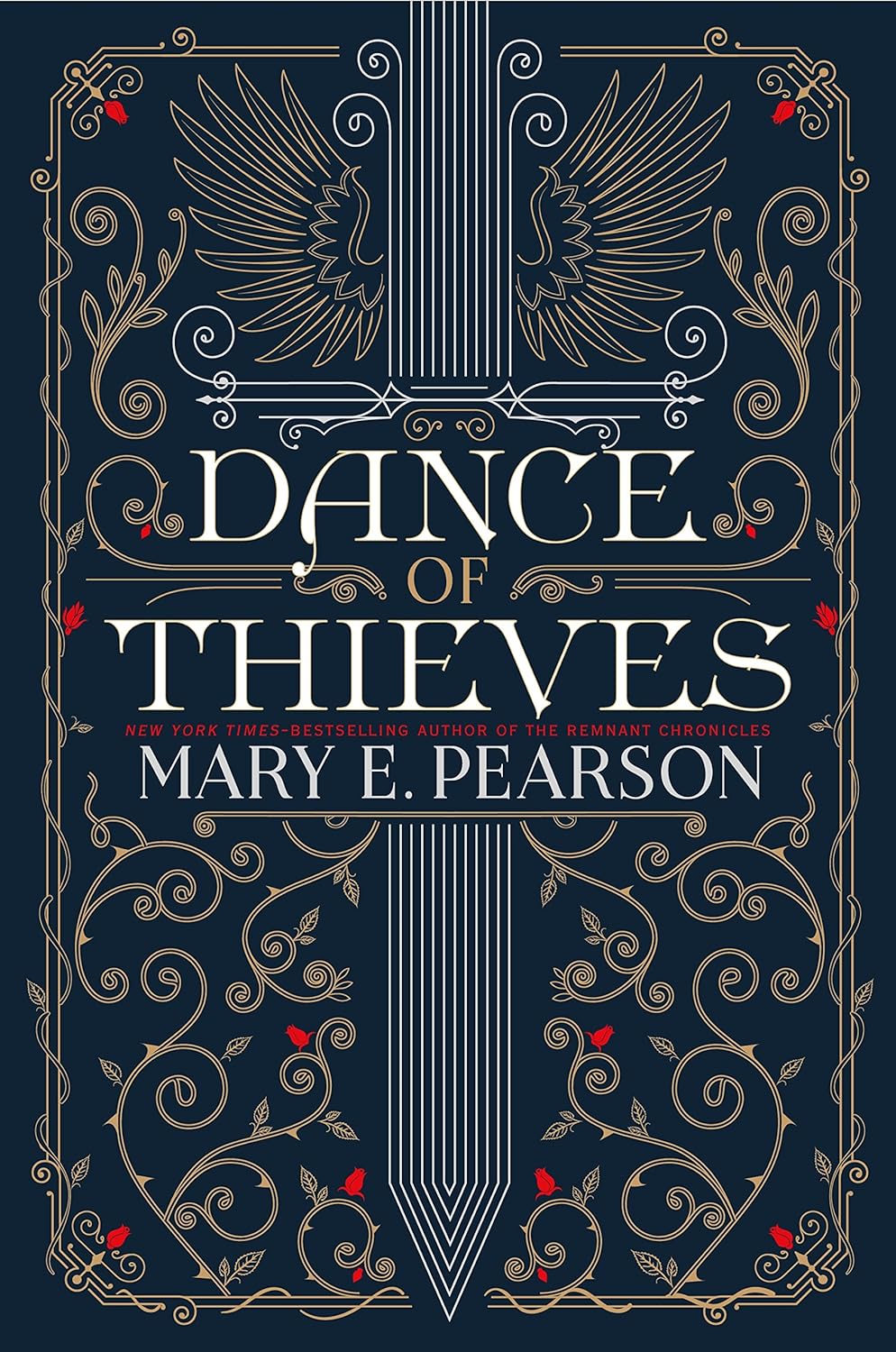


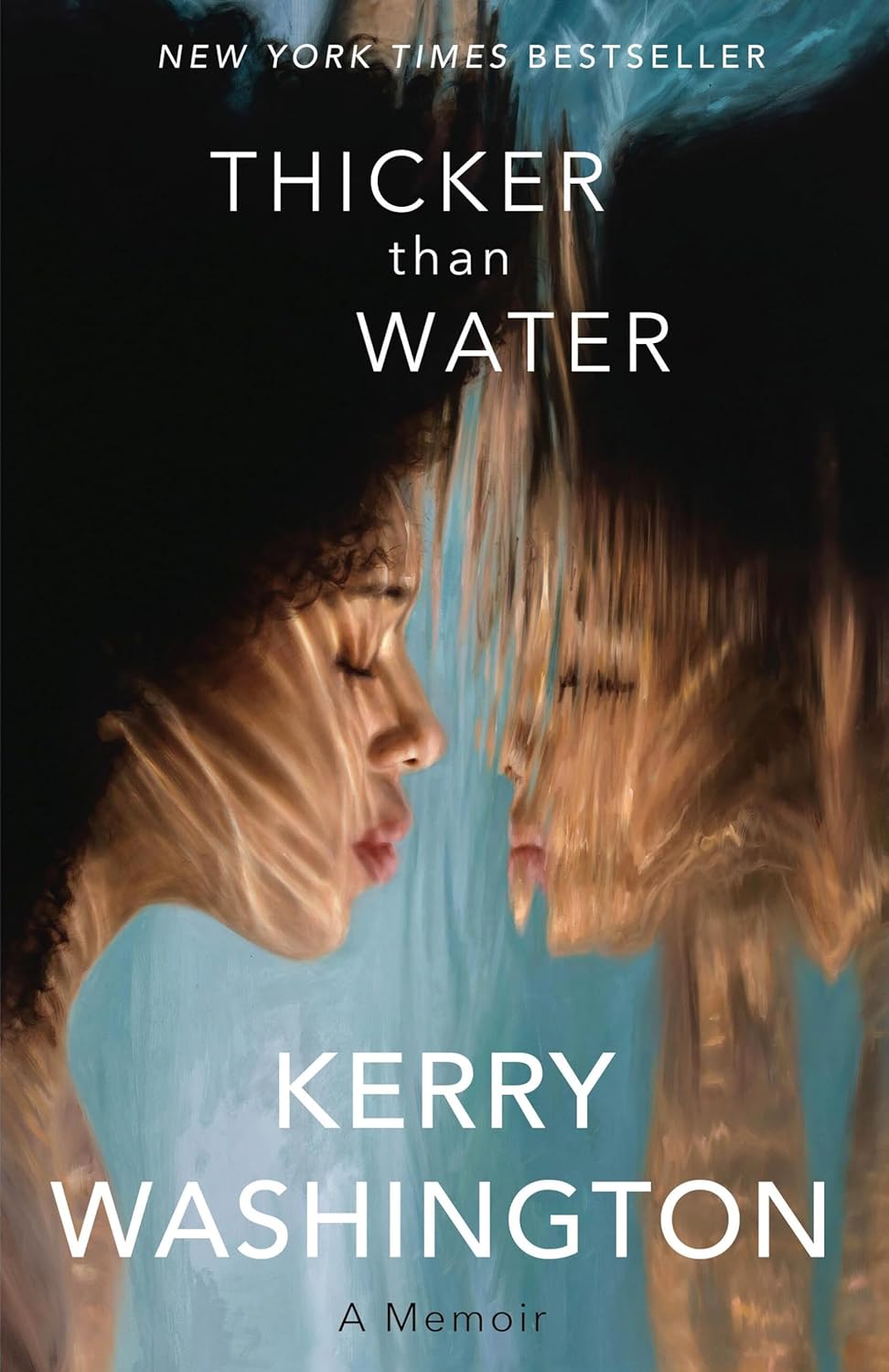


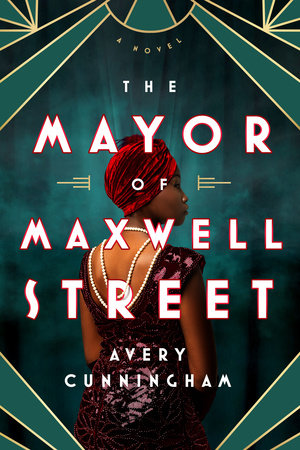
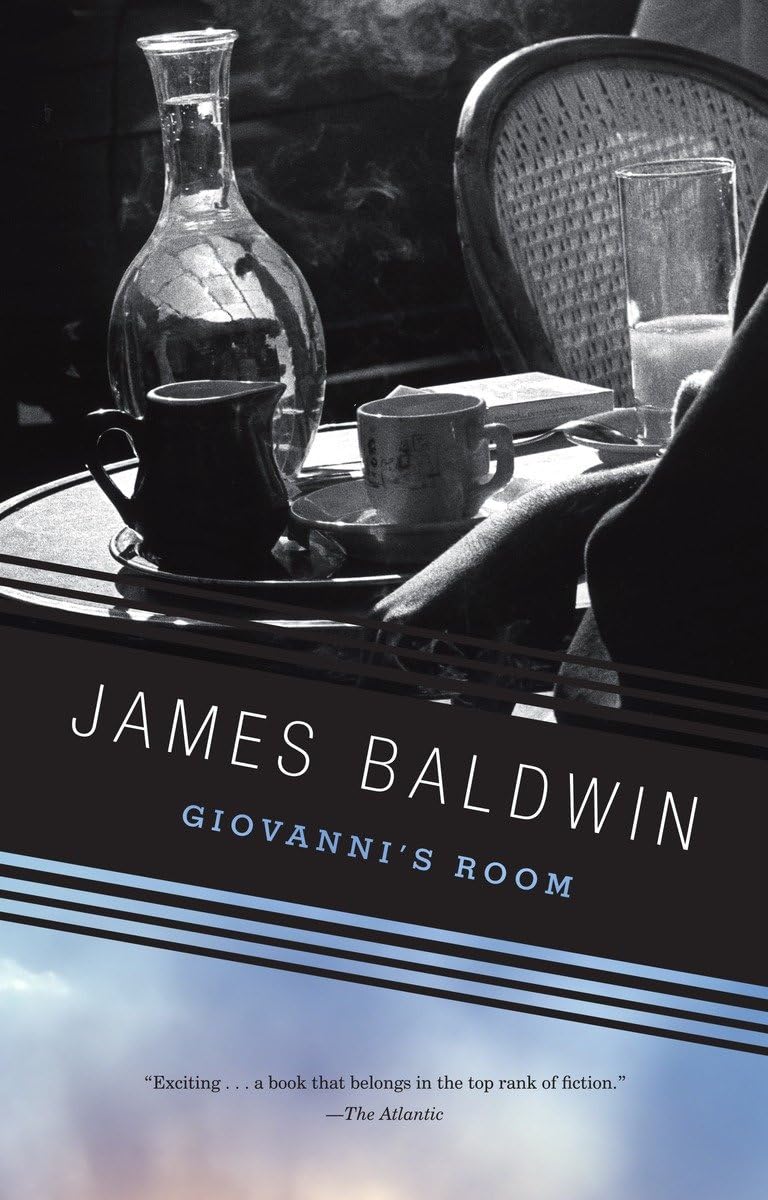
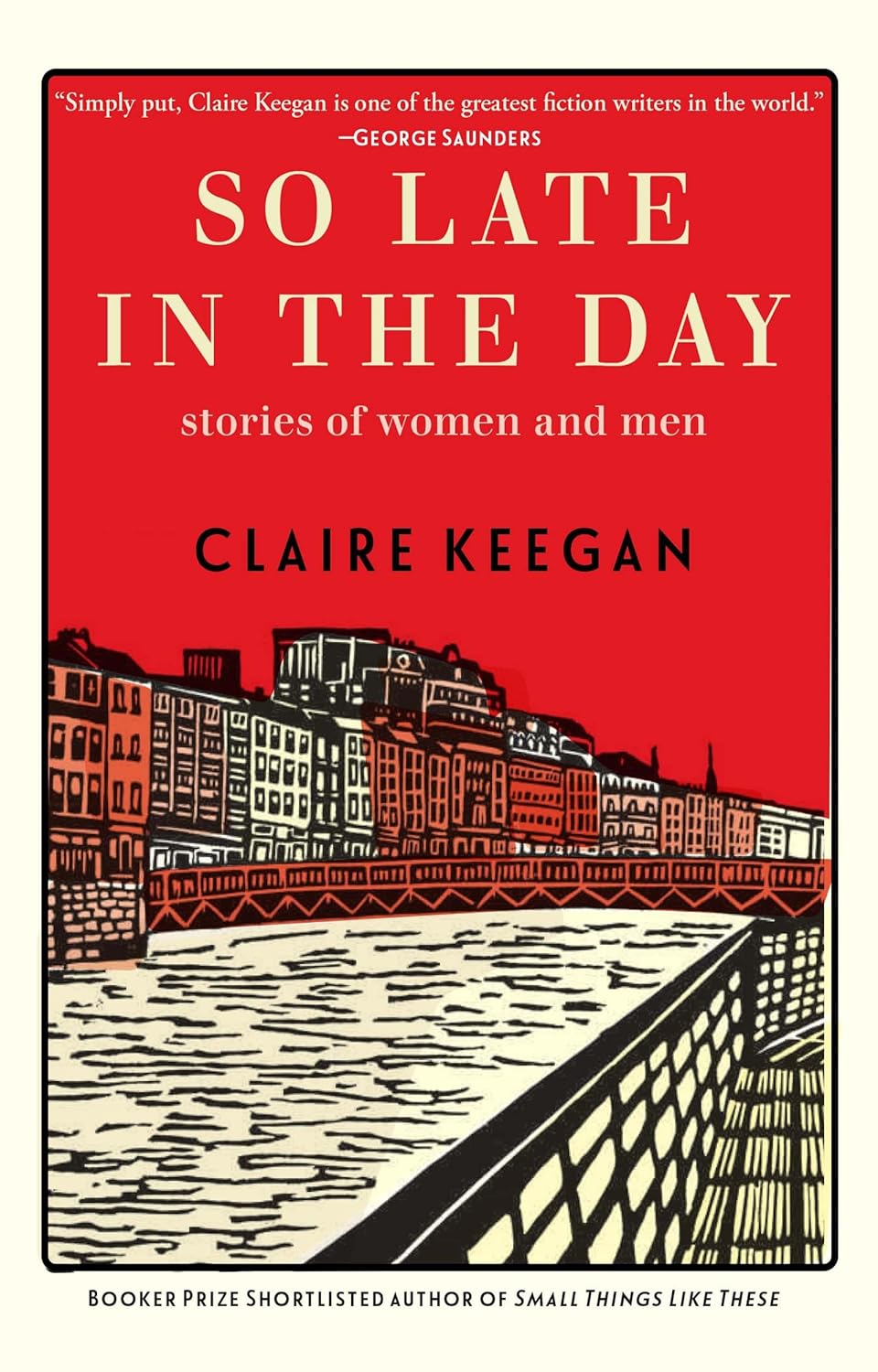

 Burke’s Book Store
Burke’s Book Store 
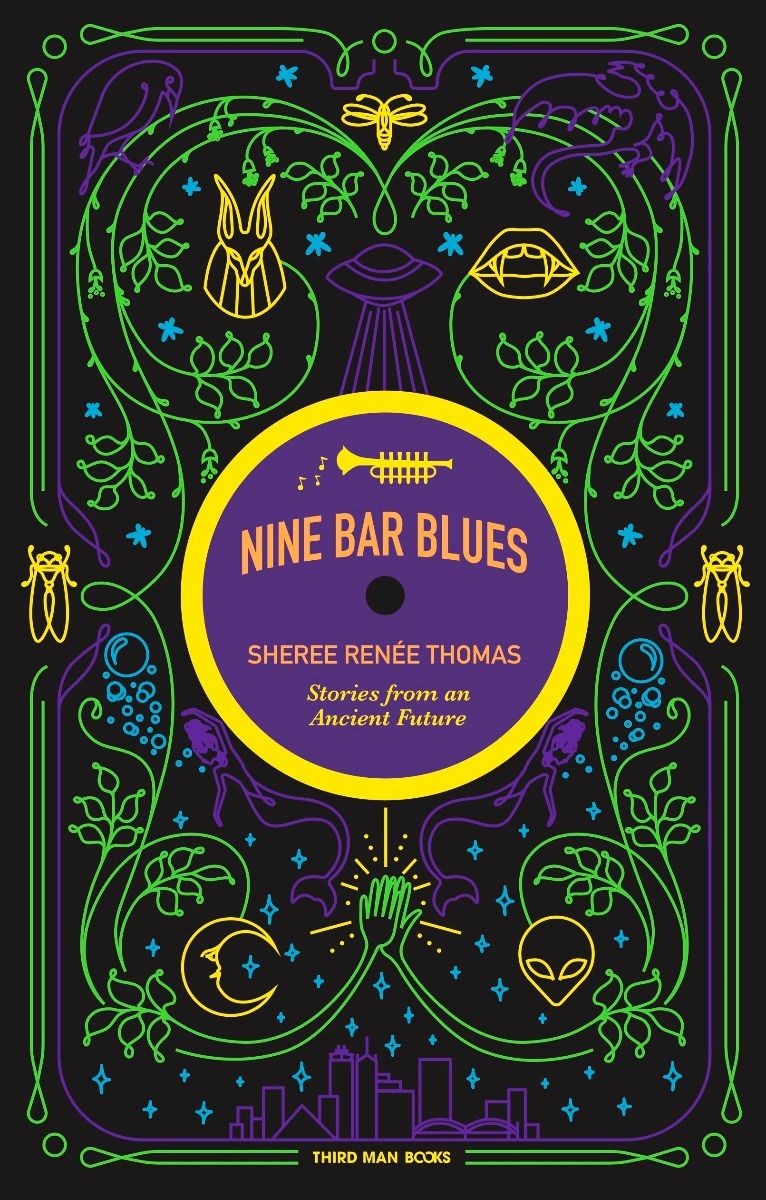

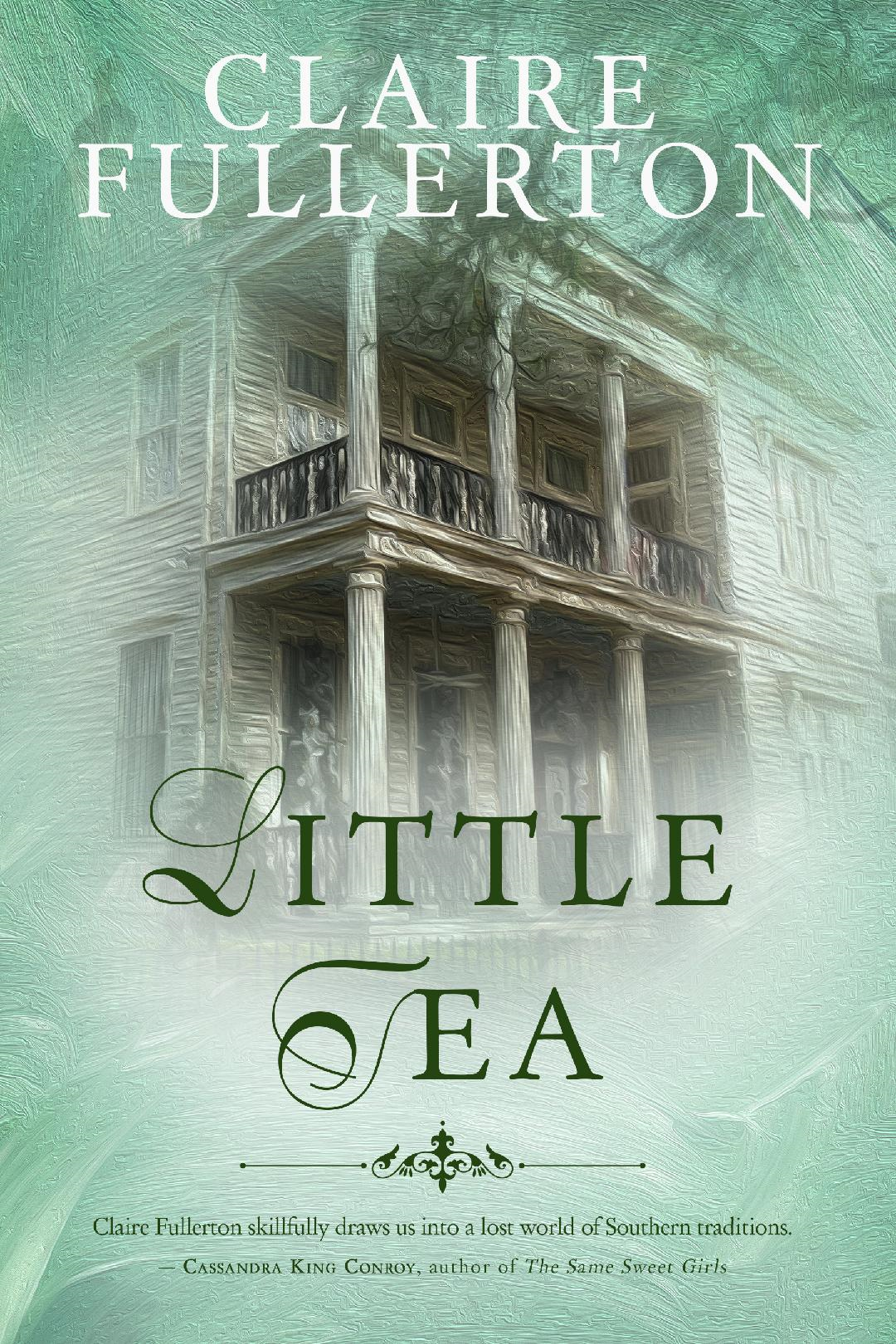


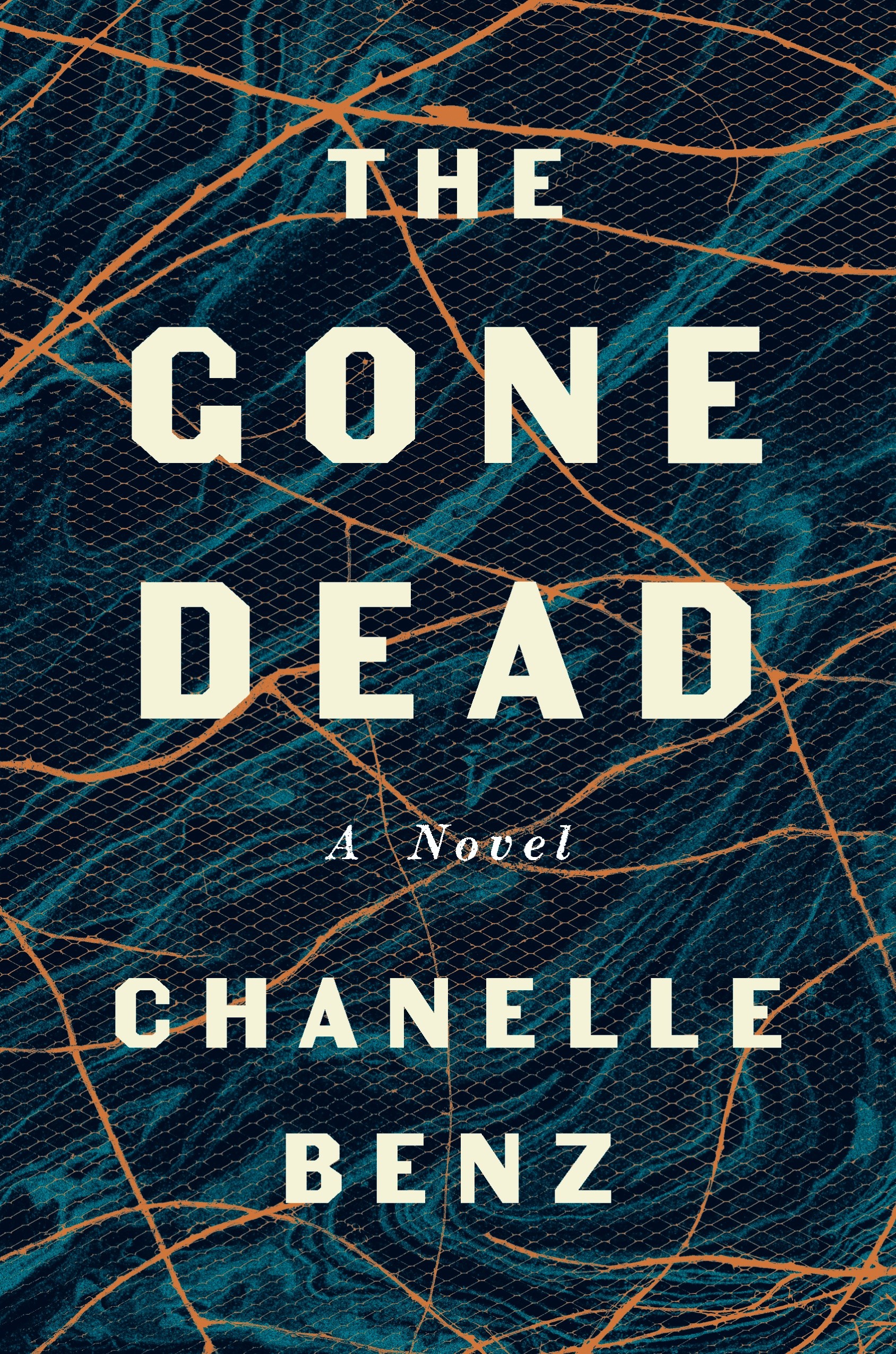



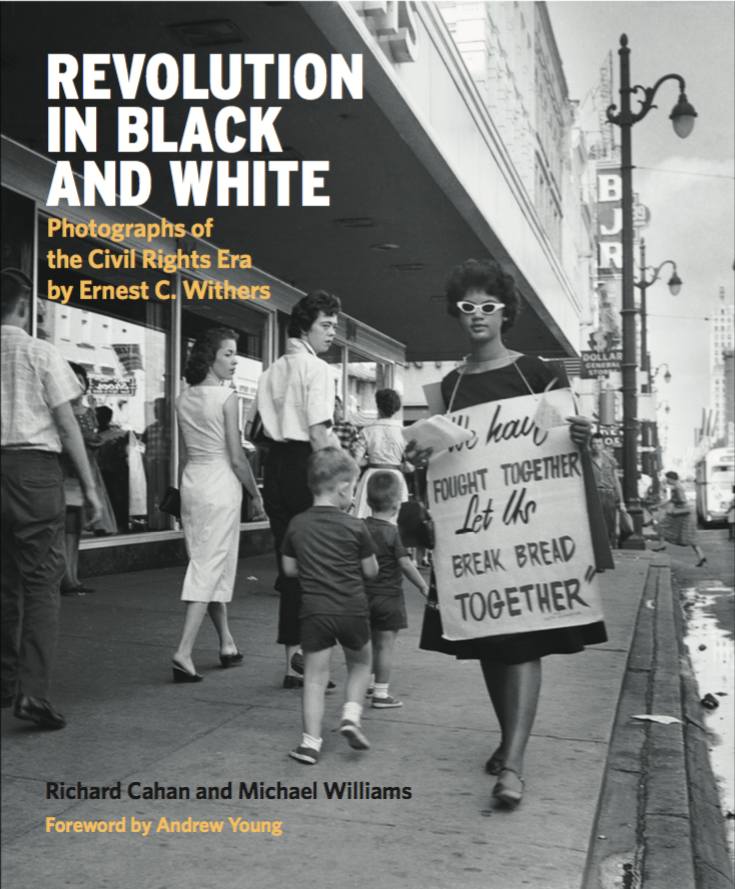

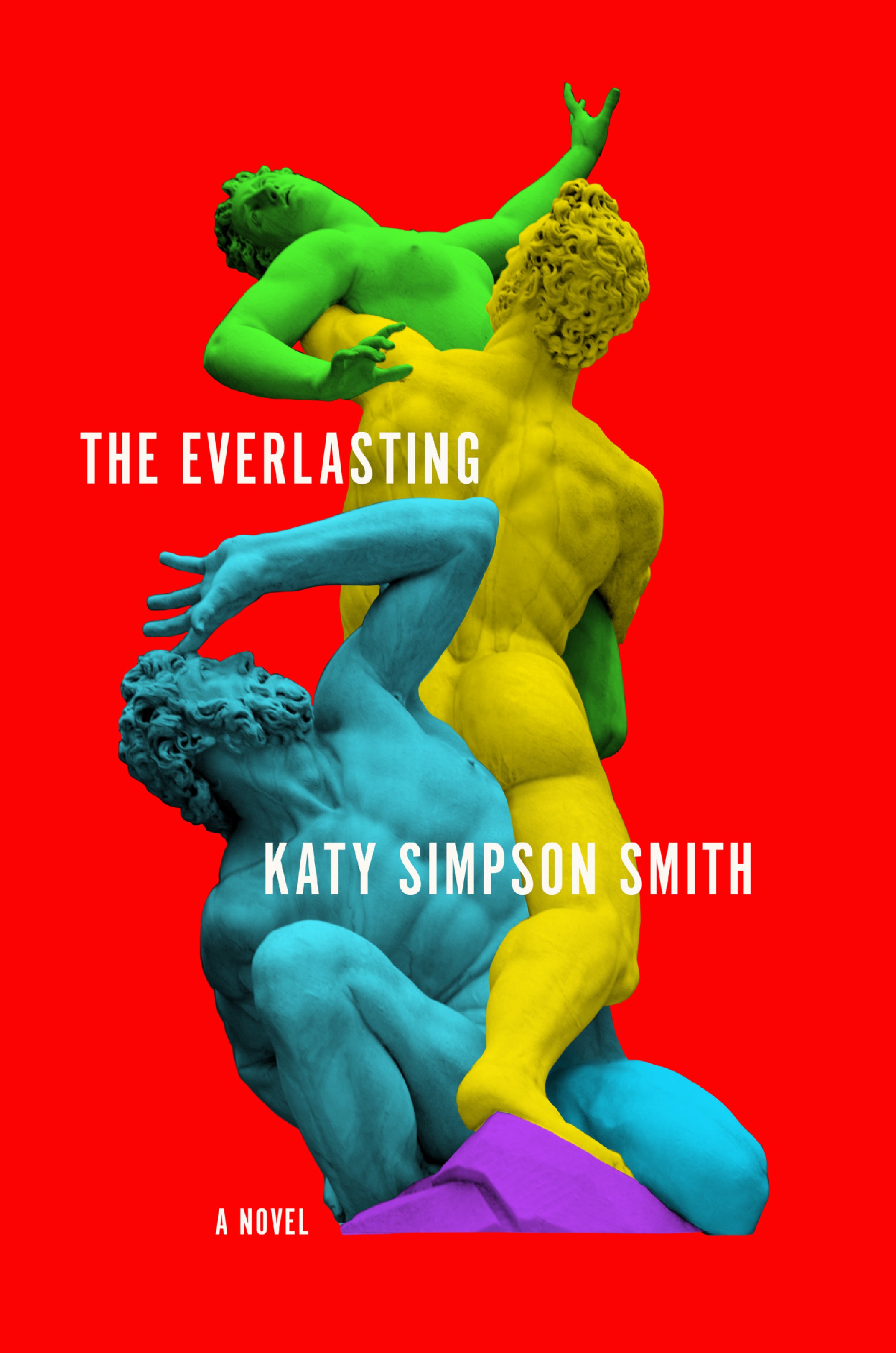
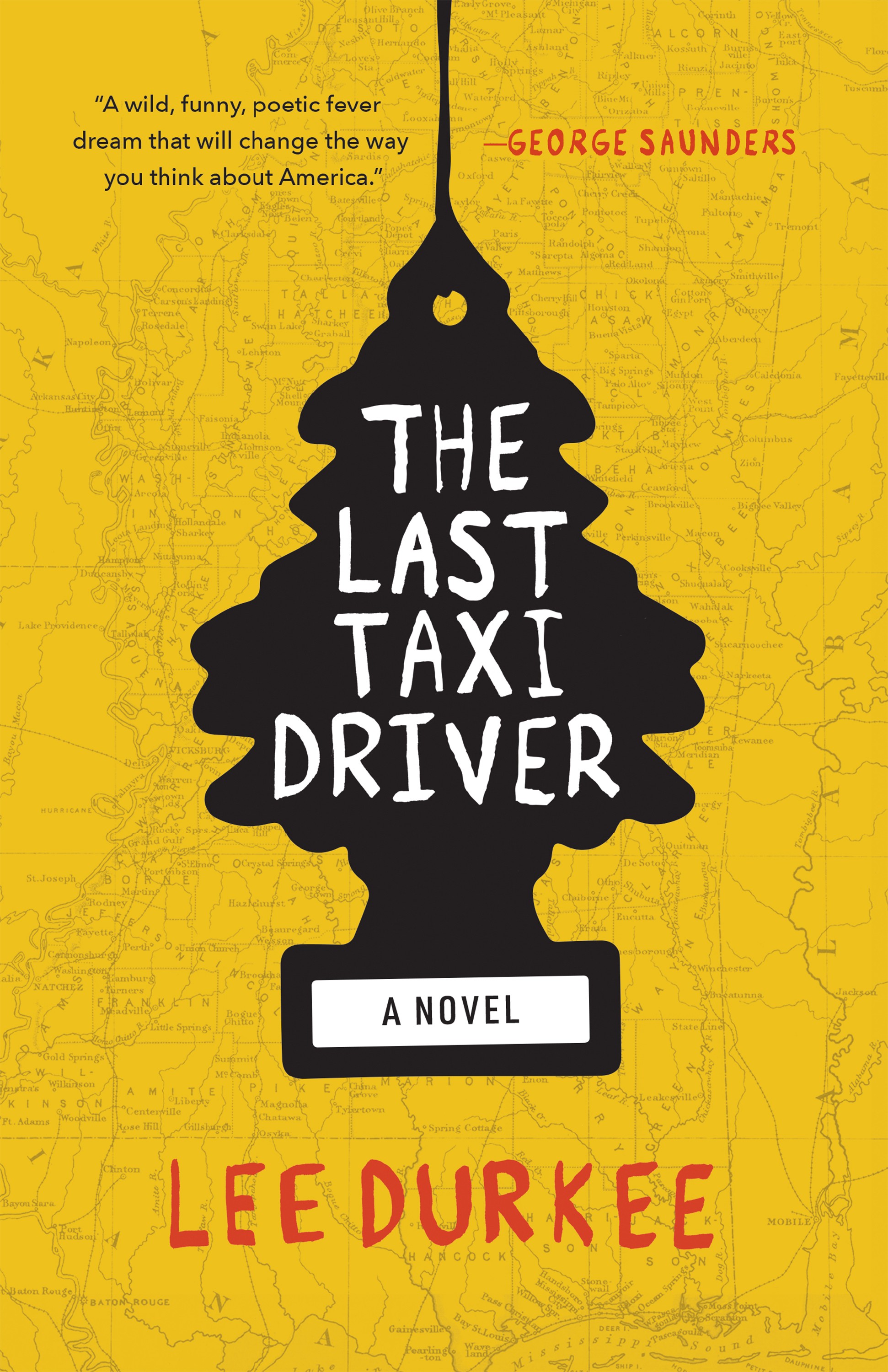
 James L. Dickerson
James L. Dickerson 